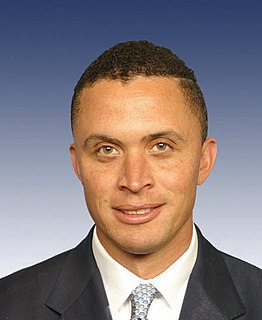A Quote by Nicholas Kristof
Since the end of the 1970s, something has gone profoundly wrong in America. Inequality has soared. Educational progress slowed. Incarceration rates quintupled. Family breakdown accelerated. Median household income stagnated.
Related Quotes
There have always been two theories about inequality. One is that it reflects just deserts. The other is that there are large elements of exploitation and inequality of opportunities. The evidence is overwhelmingly that the increase in inequality is associated with those negative factors. If it were all social contribution, then when the top did better, they would be contributing to everybody's well-being. That trickle-down hasn't happened. We've seen median income, people in the middle, actually worse off than they were 25 years ago.
If one sentence were to sum up the mechanism driving the Great Stagnation, it is this: Recent and current innovation is more geared to private goods than to public goods. That simple observation ties together the three major macroeconomic events of our time: growing income inequality, stagnant median income, and the financial crisis.
The major economic policy challenges facing the nation today - pick your favorites among the usual suspects of low public and household savings, concerns about educational quality and achievement, high and rising income inequality, the large imbalances between our social insurance commitments and resources - are not about monetary policy.
Arthur Laffer's idea, that lowering taxes could increase revenues, was logically correct. If tax rates are high enough, then people will go to such lengths to avoid them that cutting taxes can increase revenues. What he was wrong about was in thinking that income tax rates were already so high in the 1970s that cutting them would raise revenues.
































